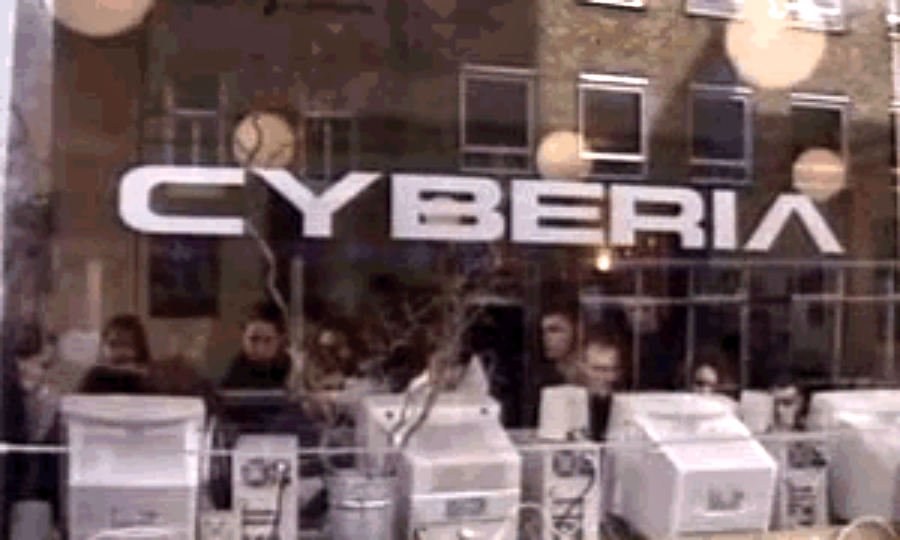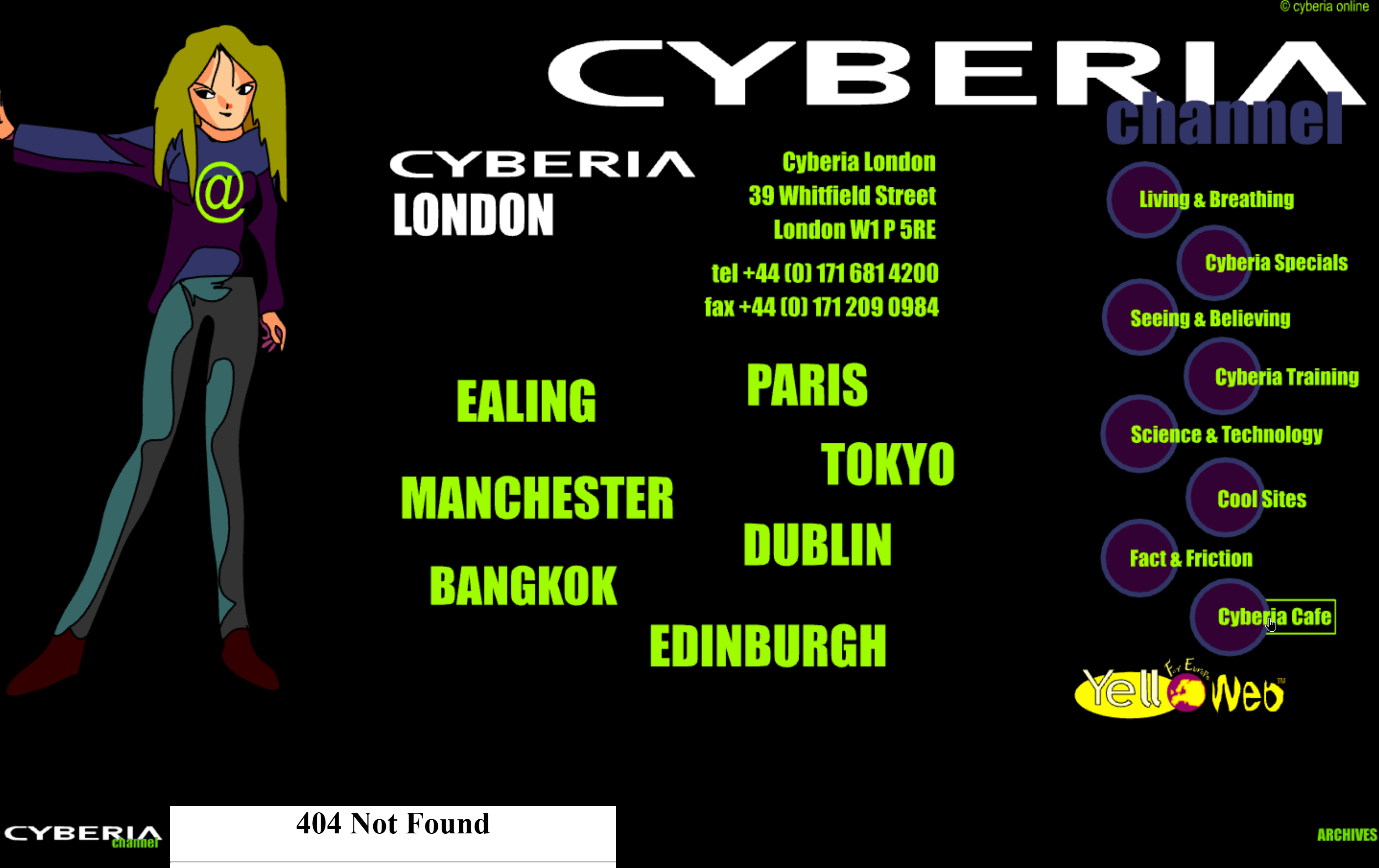Cyberia, thought to be the world’s first commercially successful internet café, opened in London on 1 September 1994 – 30 years ago today.

Cyberia was the idea of Eva Pascoe, a Polish immigrant who had moved to London to study, and later worked as a cognitive psychologist and computer programmer at City University. She told the BBC’s History Hour programme: "We always had in mind this concept of a café where people could learn [about] computers from each other. That was a time when people thought computer people were geeks and [should] not be allowed out from the university basements."
Pascoe wanted to "break" this perception. The idea was to make computers more accessible to the general public – and especially to women – by putting computers in a homely setting. A café.
Pascoe’s interest in computers had started as a child. But when she was growing up, Poland was behind the iron curtain and sales restrictions made it difficult to buy new computers. So Pascoe learnt to make her own computers by glueing together all the individual hardware components, which she bought second-hand at Sunday markets.
In London, Pascoe was far from home and lonely. She regularly used email to keep in touch with her family and friends back home. Her realization was that there must be many other people in London who would like to be able to do that, too. Her idea was to create a space where people could get together and learn from each other how to use computers and the internet for long-distance communication.
Pascoe took a lease on a corner shop at 39 Whitfield Street in the heart of London’s West End. The co-founders – Eva Pascoe, Keith and Gene Teare, and David Rowe – "were working until about two in the morning, painting, finishing the interior," Pascoe told History Hour. On the morning of the opening Pascoe was "still running around trying to get supplies of cakes."
The name of the café is a play on the words "Siberia" and "cyberpunk". Pascoe explained to the History Hour programme that the Russian province of Siberia "was always talked about in the cyberpunk community as this futuristic place [where] things will be different, things will be run by tech."
Cyberia was an instant hit, despite not being promoted. The co-founders told only a few friends. But "virtually the whole world came," Pascoe says.
Through word-of-mouth, the café became the place to go in London to experience for yourself this new thing called "the internet". People flocked to Cyberia to send emails and to chat with other people from all around the world. The mid-1990s – for those of you too young to know this – was still the time of typewriters, fixed-line telephones, and fax machines. Computers were increasingly common in offices, but few people had them in their homes, let alone their pockets. For most people, the idea of using IT for social communication was novel.
Located around the corner from a music recording studio, Cyberia was visited by the likes of Mick Jagger, David Bowie, and Kylie Minogue – propelling the café’s popularity further. Within a few years, Cyberia had been franchised in Manchester, Edinburgh, Dublin, Rotterdam, Bangkok, Manila, Tokyo, and Paris. By 1996 there were about 200 cybercafés overall worldwide, copying the Cyberia model. Within 10 years there were estimated to be 20,000 cybercafés globally.

The idea was of its time. Cyberia was not quite the first internet café in the world. At least a couple of others just pipped it to that post. The term cybercafé had been coined by Ivan Pope, a technologist, a few months prior for an event at London’s Institute of Contemporary Arts. At about the same time, in Toronto, a place called "The Binary Cafe and Hexadecimal Emporium", which sold cyberpunk-related books and magazines alongside food and drink, had started renting out a couple of x86 computers, connected to the internet through a shared connection. I find it hard to imagine that there were not others doing similar things in other cities in the world, but their digital footprints have been lost to history.
Nevertheless, Cyberia can lay claim to being the first mainstream internet café. It proved that the cybercafé concept had mass appeal, beyond the cyberpunk and hacker subcultures, and was a commercially viable business model.
Computing had originated in academia and later moved into military and enterprise domains. It was relatively late in the evolution of computer science that IT became affordable and accessible enough for adoption by the general public, and so begun transforming social life into what we know today. You can’t put an exact date on when that transformation started, but the opening of Cyberia on 1 September 1994 certainly marks a watershed moment in that process.